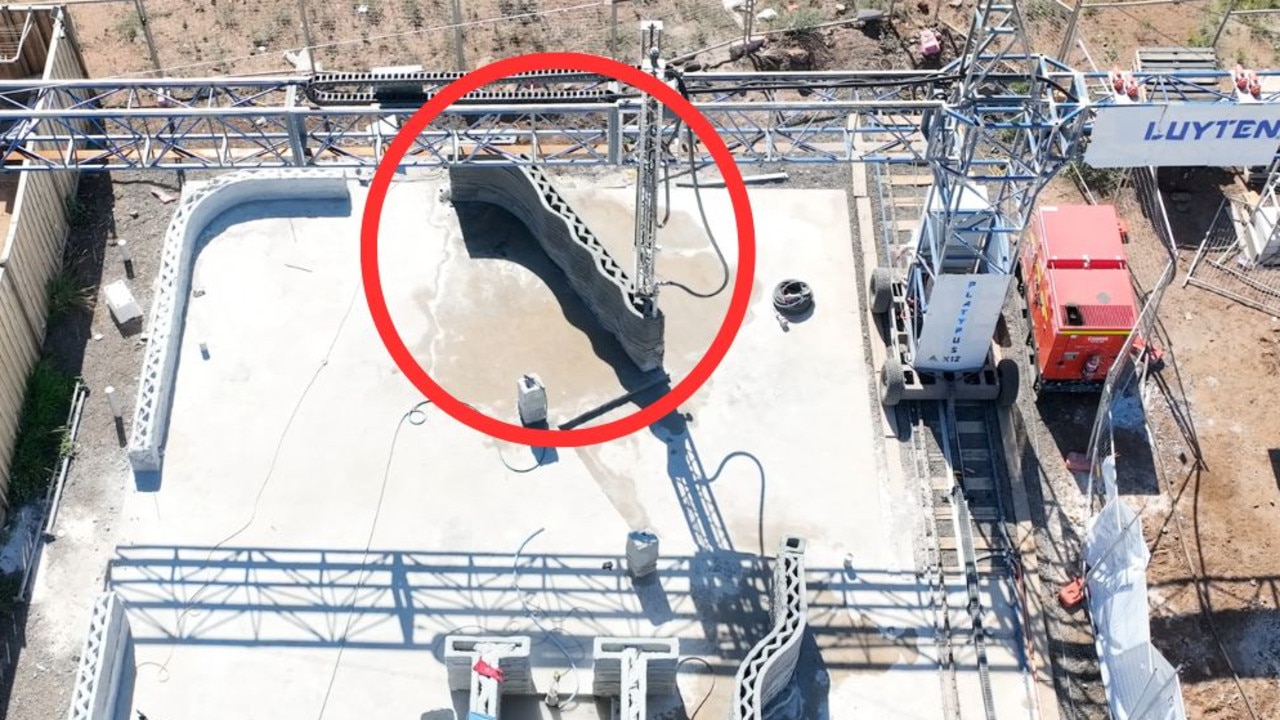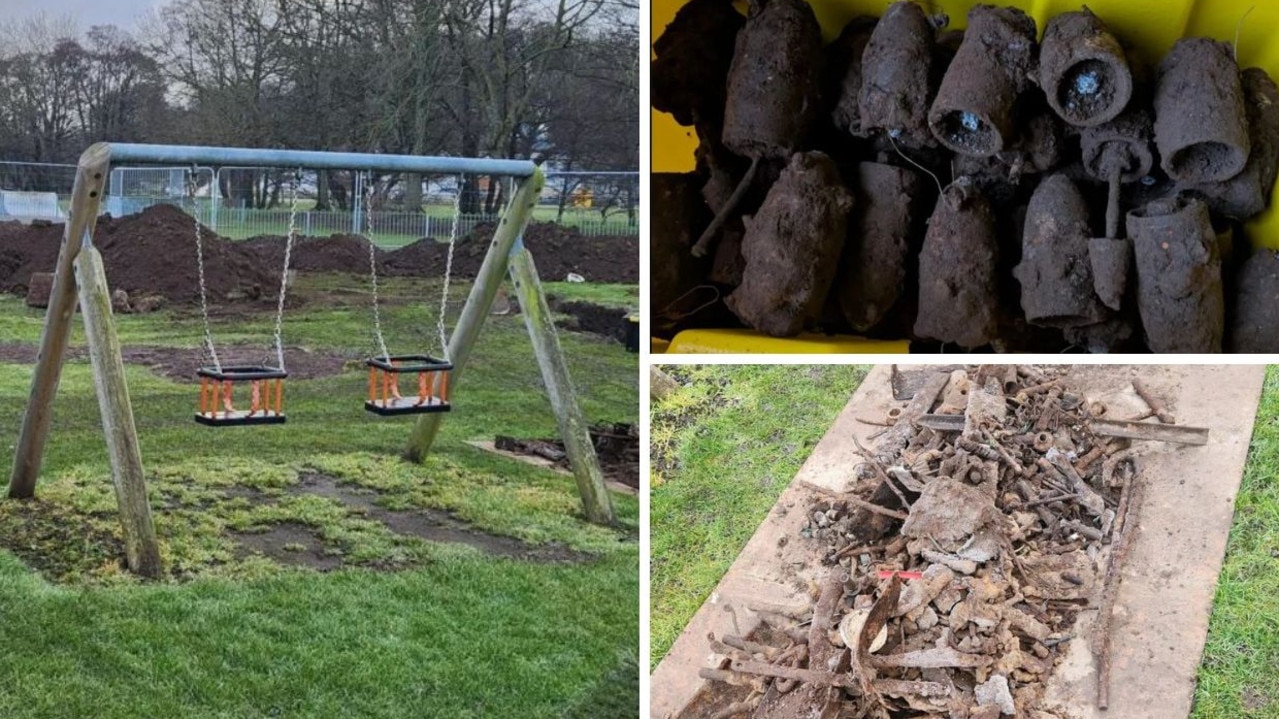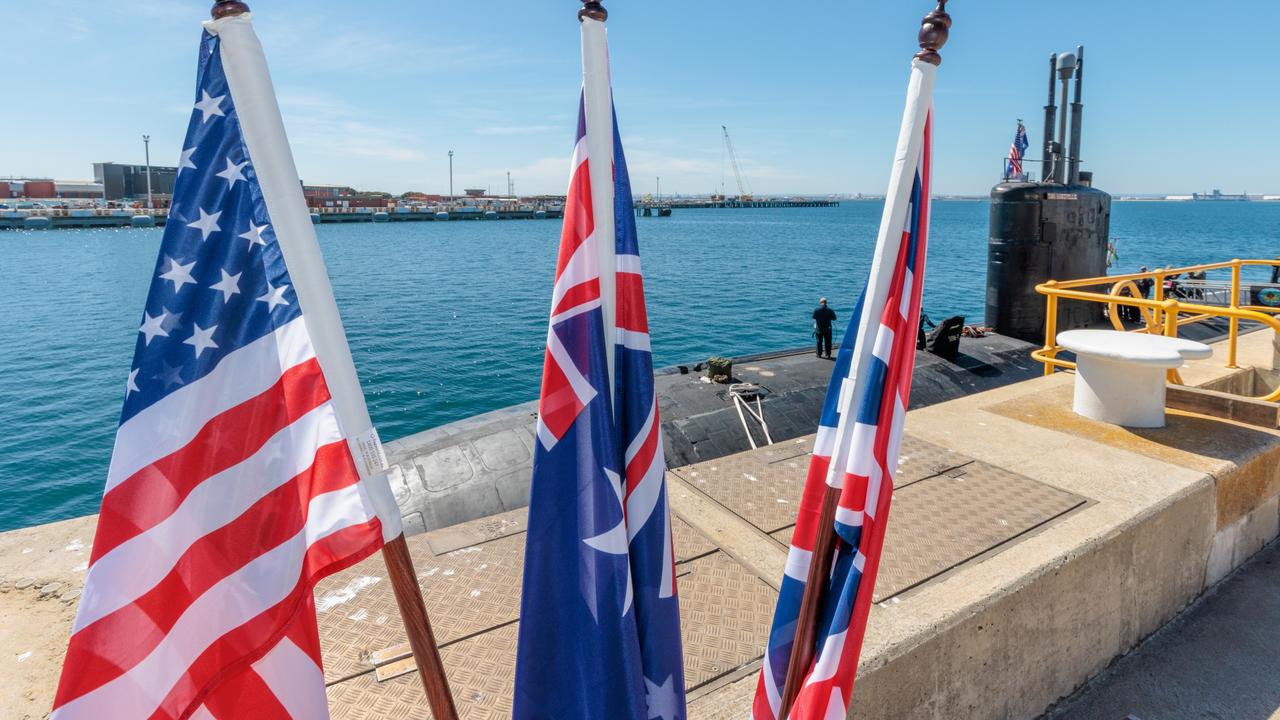How Royal Commission into Defence and Veteran Suicide ‘fell massively short’
An insider has painted a grim picture of the way the system is “failing” Australian veterans who have served their country.

Innovation
Don't miss out on the headlines from Innovation. Followed categories will be added to My News.
OPINION
The Royal Commission into Defence and Veteran Suicide was supposed to shine a light on systemic problems and find solutions to prevent suicide among Australian Defence Force (ADF) members.
While the final report made a whopping 122 findings and recommendations, it fell massively short in several key areas.
The ADF is like a 3000-tonne cargo ship in the middle of the ocean; if there is to be a change in direction, it needs to be driven from within in the military and by those at the helm.
However, the commission missed a prime opportunity to evaluate how Defence’s own policies impact families, including the ripple effect of secondary post-traumatic stress (PTS). Extended deployments, multiple rotations and the relentless stress of a partner’s absence take an immense toll on families. The report’s failure to address this intergenerational trauma feels like a slap in the face to those who hold the fort back home.
The Defence community is rife with stories of financial struggles, from relocation expenses to the cost of new uniforms for children forced to switch schools mid-year. Families are crying out for practical support, such as financial allowances that would lift the burden of frequent relocations. Yet the commission remained largely silent on these fronts, offering little in the way of concrete solutions.
The royal commission highlighted investments in resources like veteran hubs, but more money alone isn’t the answer. Veterans and their families want a hand up, not a handout. They crave connection with their peers, a sense of community that many feel they lost when Defence did away with family days and base schools.
The Department of Veterans’ Affairs (DVA) sits at the heart of the issue. It’s an institution that, according to many veterans, tries to act more like a private company obsessed with double-line accounting and returns on investment than a government agency charged with caring for those who have served.
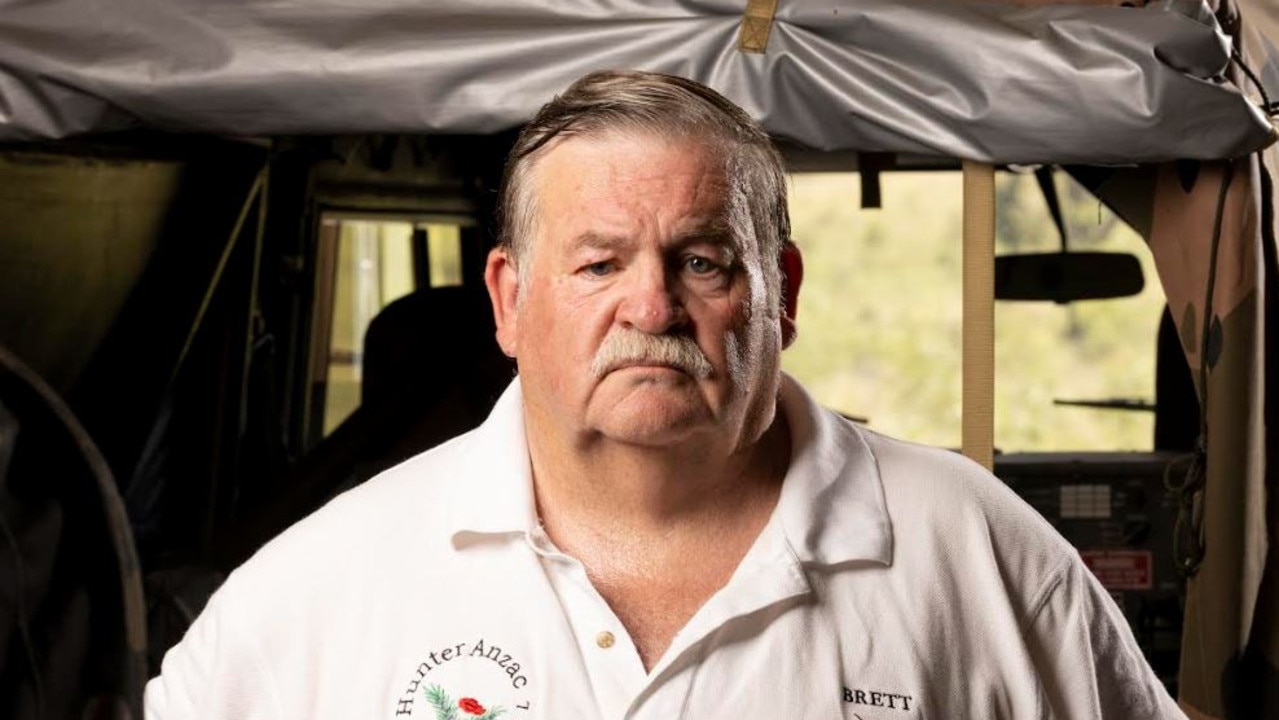
The DVA’s approach – described by some as “delay, deny until you die” – paints a grim picture of a bureaucracy out of touch with the veterans it’s meant to serve.
Consider the case of Lyndsey, a 35-year-old ex-Army veteran and mother of three from the Hunter Region, who separated from her partner and is struggling with severe leg injuries from her time in service. After being discharged incorrectly, she was left without the incapacity payments she desperately needed to support herself and her children. Instead of receiving timely assistance, Lyndsey was told by the DVA to apply for Centrelink while they processed her claim. When the incapacity payments have finally been backdated, she will be required to repay Centrelink.
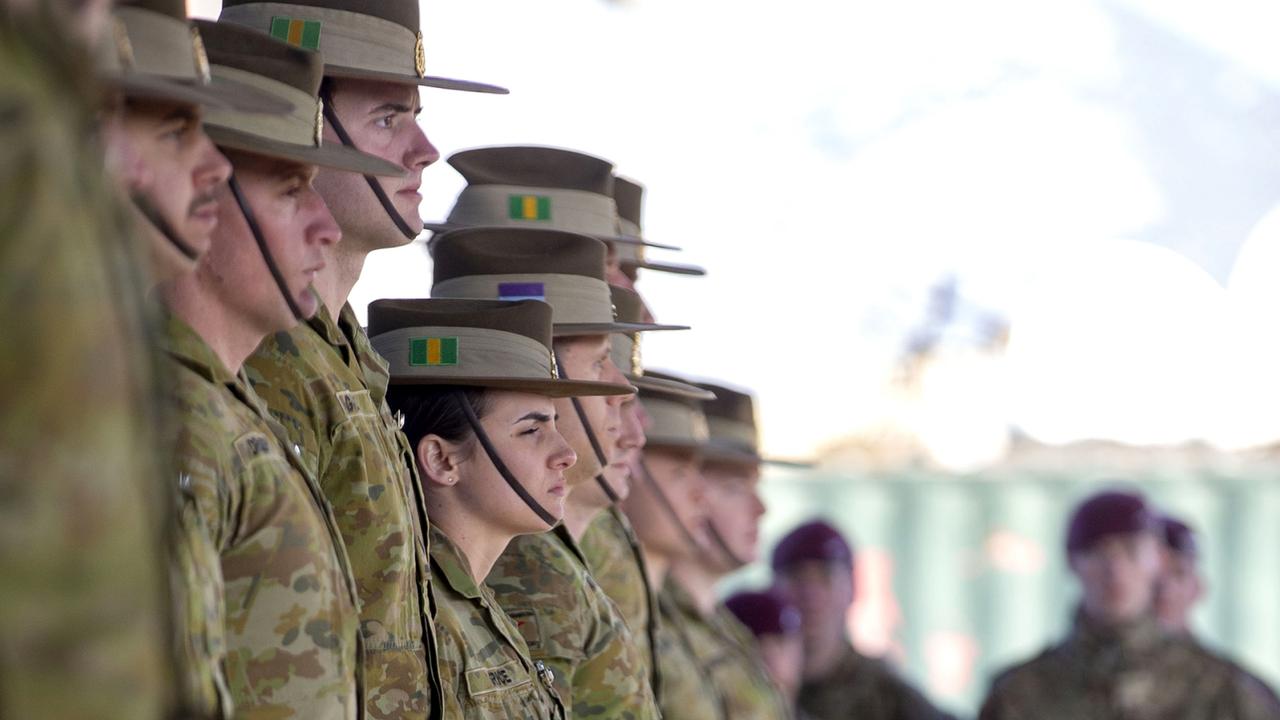
Then there are LGBTQIA+ veterans like former RAAF group captain Catherine McGregor, who have served their country honourably, and yet still face discrimination based on who they are. The ADF is charged with protecting the rights of all Australians abroad, yet it struggles to extend those same rights within its ranks. The commission could have used this moment to spotlight the experiences of LGBTQIA+ veterans, but instead, it chose to sidestep a topic that remains taboo in many military circles.
Stories like Lyndsey’s and Catherine’s aren’t isolated. They represent a system that is failing veterans at the grassroots level, despite what government representatives may say in the media.
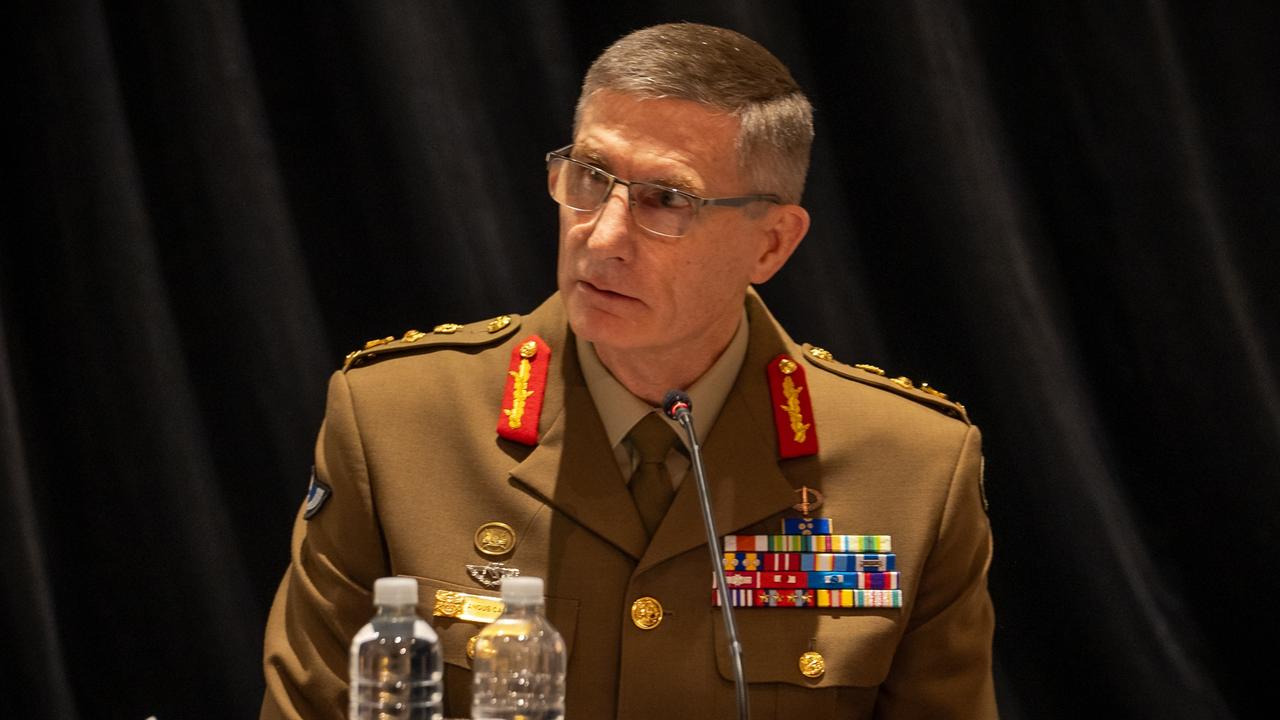
To regain trust, Defence and the DVA must first acknowledge the fundamental disconnect between their operations and the lived experiences of veterans and their families. Training for DVA staff should include genuine engagement with veterans – hearing their struggles first-hand, not just processing claims from behind a desk.
Defence senior leadership must lead by example, standing up to political forces when necessary and advocating fiercely for their people. The debacle around the political fallout from the Brereton inquiry’s findings, in the same week as the commission handing down its finds, exemplifies this.
The recent appointment of Sam Mostyn as Governor-General – a leader with a military family background – signals a potential shift. Let’s hope she, and others in positions of influence, push Defence and the DVA to do better for both veterans and their families.
Brett Wild is the founder and chairman of Taskforce Veteran, which provides comprehensive support and education for ADF veterans and their families
Originally published as How Royal Commission into Defence and Veteran Suicide ‘fell massively short’




